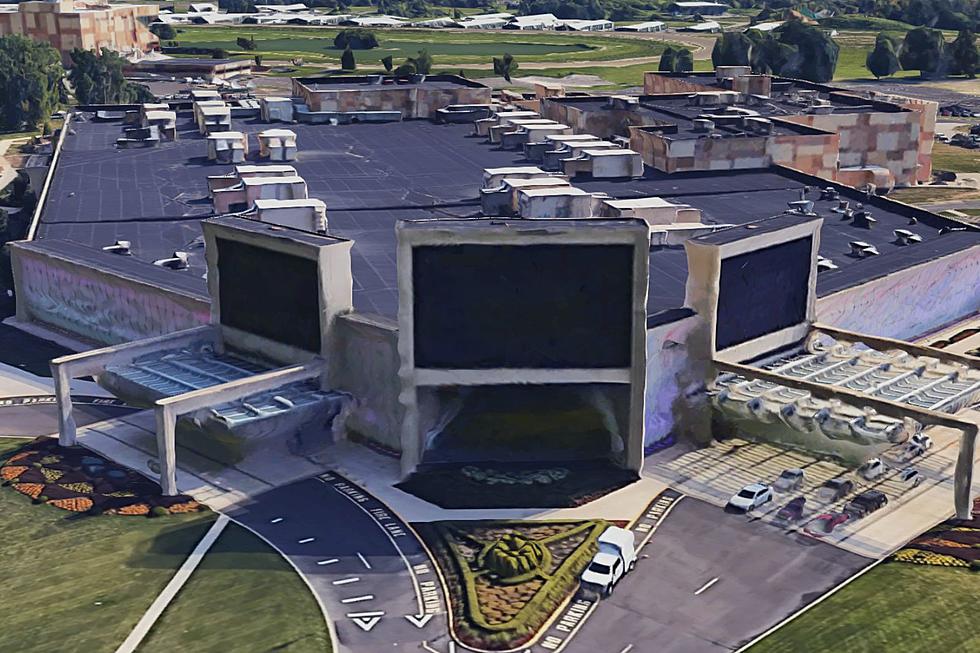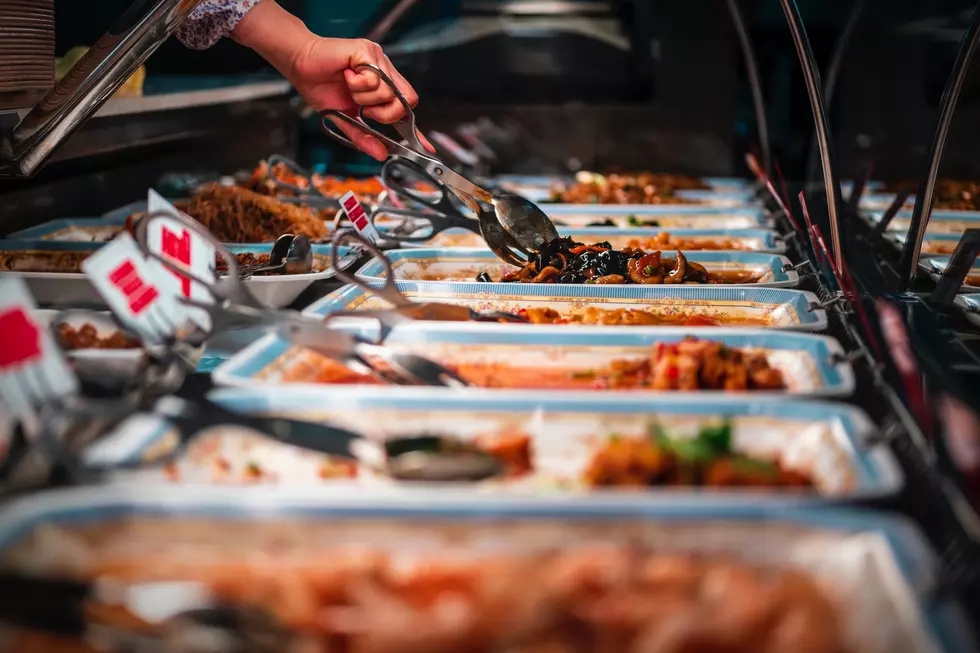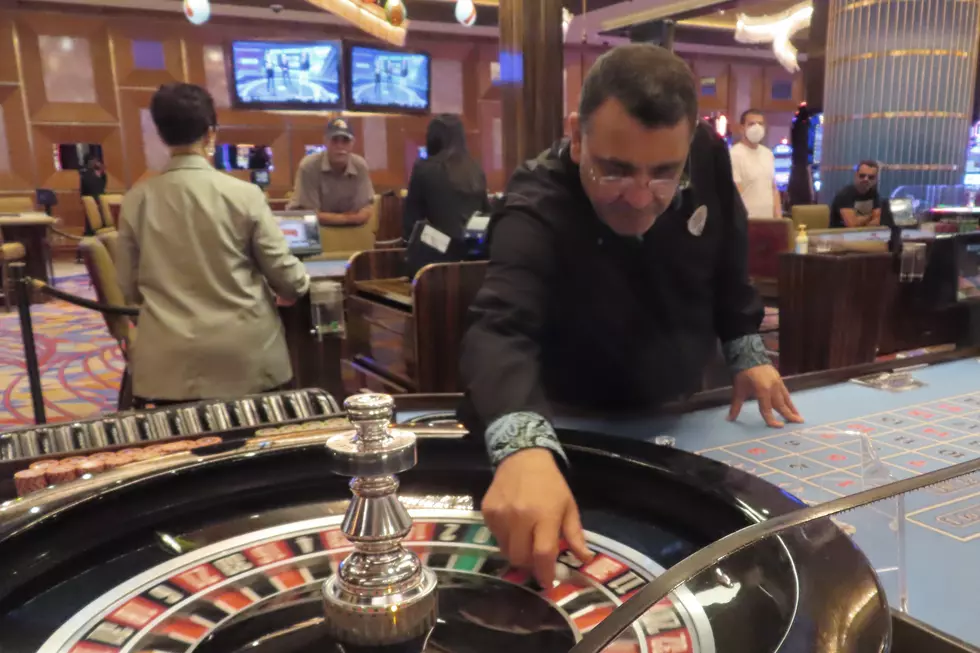
Still no agreement on New Jersey casino expansion bills
New Jersey lawmakers still cannot agree on how to ask voters whether to allow two new casinos in the northern part of the state.
Senate and Assembly committees each amended their respective bills Monday. But significant differences remain between the two, including who is eligible to build the new casinos and how the new tax revenue they generate would be divvied up.
A Senate committee required that a company that gets a license for one of the new casinos must complete it within a certain time frame. And an Assembly committee added money for municipalities and counties that house the new casinos and changed its tax allocation formula.
The two bills must be reconciled, or the legislature must choose one to put before voters. They do not specify locations for the casinos, but the most commonly mentioned proposals involve Jersey City and the Meadowlands Racetrack in East Rutherford.
"This is the highest offer we've made," said Assemblyman Ralph Caputo, an Essex County Democrat and longtime backer of casinos in the northern part of the state. "It's a very good offer."
But it still differed significantly from the one being made by the Senate.
The proposals come as Atlantic City's casino market continues to shrink, beset by ever-increasing competition in the already-saturated northeast gambling market. Last year, four of the city's 12 casinos closed, putting more than 8,000 people out of work. The surviving casinos have just begun to see their revenue increase with less competition.
The two bills don't agree on who would be allowed to operate the new casinos. The Senate version requires both new casinos to be owned by existing Atlantic City casino operators or companies partnered with them. The Assembly version applies that requirement to only one of the two new licenses, letting outside companies bid for the other.
Both bills initially dedicate half the new gambling tax revenue generated by the casinos to Atlantic City, and would divide the remaining half among existing state programs for the elderly and disabled, and on new local tax relief for such residents. The Senate bill calculates aid based on the each $150 million of tax revenue generated, while the Assembly measure calculates it on the first $300 million. The amount sent to Atlantic City to compensate it for its expected losses to in-state competition would decline as time goes by.
Both versions also allocate 2 percent a year to the state's horse racing industry, which has long wanted to offer slot machines and table games, like "racinos," as other states do.
The Senate bill now also contains a poison pill clause that would prevent a company opposed to gambling outside Atlantic City from obtaining one of the new licenses in north Jersey, and then doing nothing with it, thereby preventing casino gambling from expanding beyond the eight casinos currently in Atlantic City. The Senate bill would impose an unspecified time frame in which the new casino would have to be built, or at least make serious progress, or else the license would be thrown open for any eligible company to bid on.
Sen. Paul Sarlo, a Bergen County Democrat, said the clause is to prevent someone from getting a license "and deciding not to build on it at all, to pocket it."
Both bills also changed the distance a new casino must be from Atlantic City, reducing it from 75 miles to 72 miles. The change would put Edison, Sayreville and Woodbridge in the mix for one of the new casinos, but continue to exclude Oceanport, where officials hoped for a casino at the Monmouth Park racetrack.
(Copyright 2015 The Associated Press. All rights reserved. This material may not be published, broadcast, rewritten or redistributed.)
More From New Jersey 101.5 FM









